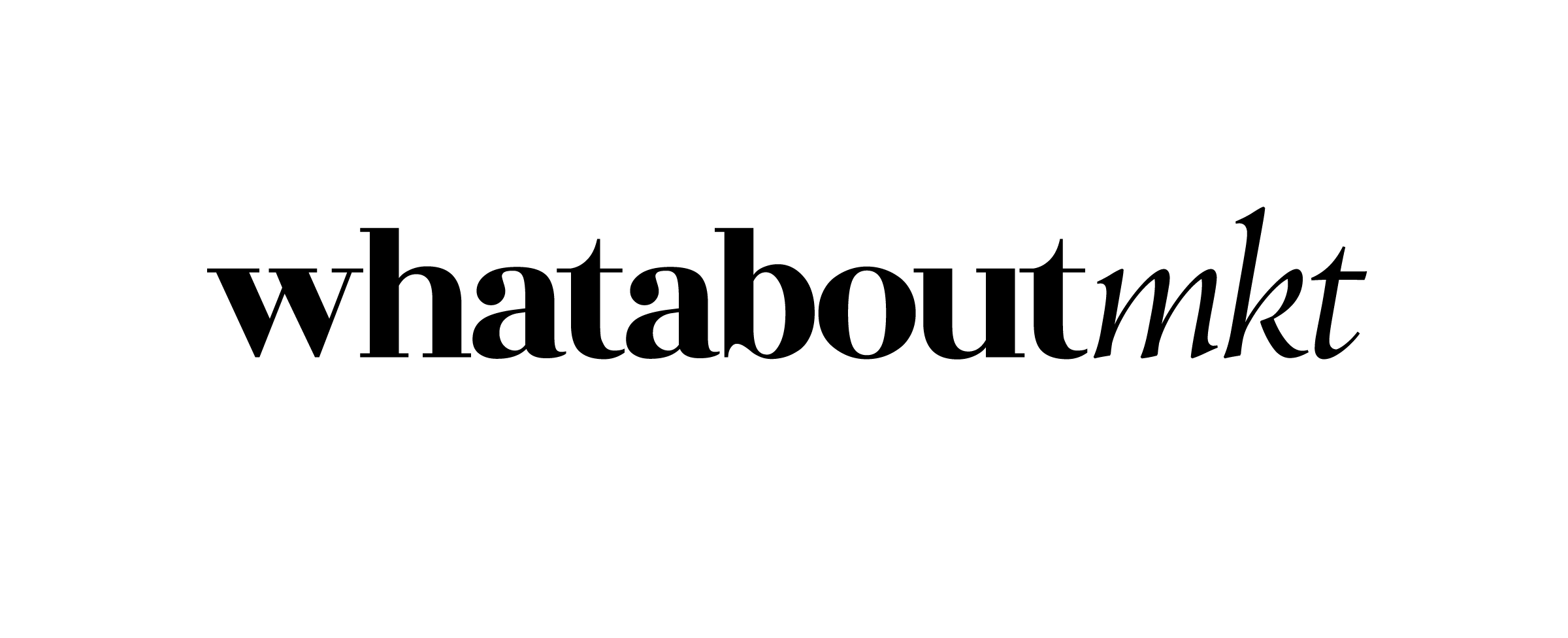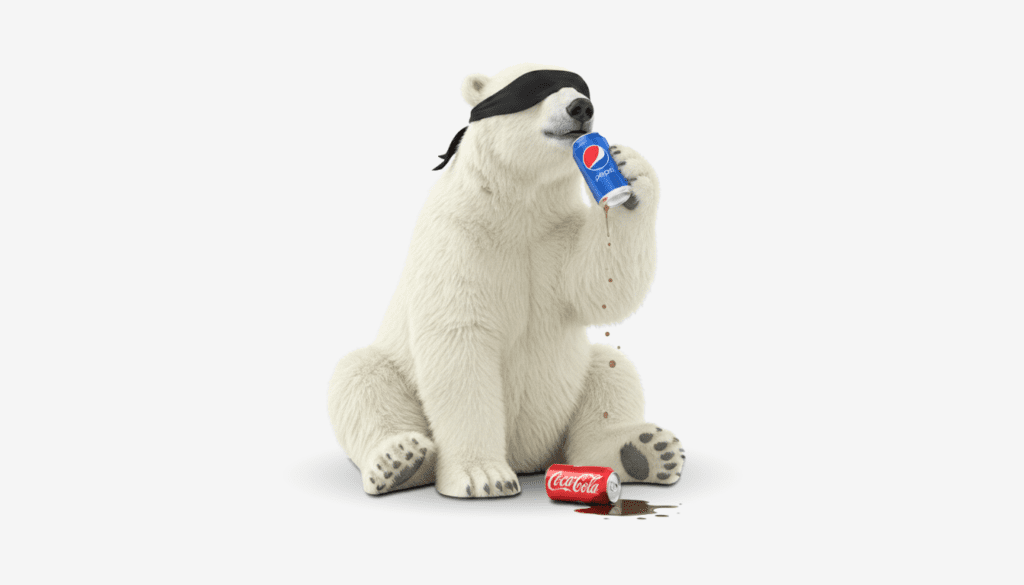The Genesis of a Campaign and Its Immediate Firestorm
American Eagle, a prominent teen retailer, sought a bold strategy to revitalize its denim line. The company, which had reported a 5% decline in total sales for its February-April quarter, aimed to differentiate itself through high-profile celebrity endorsement and edgy messaging. The ambition culminated in the “Sydney Sweeney has great jeans” campaign, hailed by Chief Marketing Officer Craig Brommers as “the biggest get in the history of American Eagle”. Sydney Sweeney, a rising “It girl” known for her roles in “Euphoria” and “White Lotus”, was chosen to inject a desired boldness, with Sweeney herself reportedly eager to “push it”.
The campaign’s core revolved around a playful ambiguity between “jeans” and “genes”. One video featured Sweeney narrating, “Genes are passed down from parents to offspring, often determining traits like hair color, personality, and even eye color,” before concluding, “My jeans are blue”. This linguistic device, combined with Sweeney’s blonde hair, blue eyes, and conventionally pleasing figure, swiftly ignited a fierce backlash. Within hours, critics condemned the ads as “tone-deaf,” with some labeling them “master-race propaganda” and “Nazi s—t”. The messaging was widely interpreted as suggesting Sweeney had “won the genetic lottery,” leaning into “dated ideals of beauty” and carrying “undertones that brush dangerously close to eugenics and the glorification of whiteness”. Parallels were frequently drawn to Brooke Shields’ controversial 1980 Calvin Klein ad, underscoring a historical pattern of provocative denim advertising. Despite the outcry, American Eagle issued a statement asserting that the campaign “is and always was about the jeans.”
When Politics Enters the Chat
The narrative surrounding the American Eagle campaign took an extraordinary turn with the direct intervention of Donald Trump. Upon learning that Sydney Sweeney was a registered Republican during a live television appearance, Trump immediately declared, “Oh, now I love her ad”. He subsequently amplified this sentiment on Truth Social, proclaiming, “Sydney Sweeney, a registered Republican, has the ‘HOTTEST’ ad out there. It’s for American Eagle, and the jeans are ‘flying off the shelves.’ Go get ’em, Sydney!”. Public records later confirmed Sweeney’s registration with the Florida Republican Party.
Trump framed his endorsement within a broader “anti-woke” narrative, contrasting American Eagle’s campaign with what he derided as “disasters” from “WOKE” brands like Bud Light and Jaguar. This political alignment was quickly echoed by prominent right-wing figures, including Megyn Kelly and JD Vance, who praised Sweeney’s perceived “anti-woke energy” and publicly mocked Democrats for “attacking Sydney Sweeney as a Nazi”. Trump’s involvement served as a powerful amplifier, fundamentally altering the public discourse. What began as a fashion advertisement swiftly became “the center of America’s latest culture war”, reframed as a “rallying point for cultural conservatives”. Google Trends data indicated that searches for American Eagle reached their highest level in over two decades following Trump’s praise.
From Backlash to Meme Stock
The most dramatic consequence of this political pivot was the unprecedented surge in American Eagle Outfitters’ shares. The stock experienced a remarkable jump, climbing as much as 18% intraday and closing with an impressive gain of nearly 24%. This surge was historically significant, marking American Eagle’s “most significant jump since 2000” and its “largest percent increase since Aug. 3, 2000, almost exactly 25 years ago to the day.”
Crucially, this stock surge was not predicated on any positive earnings report or favorable financial release. Instead, it was explicitly driven by “pure momentum—sparked by presidential attention and a viral cultural moment”. Analysts and market reports widely concluded that this surge propelled American Eagle into “meme-stock territory”. Investors were described as “scrambling to buy AEO shares” and actively “betting on the hype itself.” The phenomenon drew direct comparisons to previous “meme stock” darlings, such as AMC Entertainment Holdings and GameStop.
Despite the dramatic rally, market analysts issued cautionary notes regarding the sustainability of such gains. They emphasized that such surges ultimately need to be “backed by real business fundamentals—like increased sales, stronger profit margins, or long-term customer engagement”. Before the campaign, American Eagle had been grappling with significant challenges, including soft consumer spending and excess inventory. The “real test” for the campaign’s success and the stock’s long-term sustainability remains how American Eagle performs during the critical back-to-school season.
Navigating a Politicized Marketplace
The American Eagle Sydney Sweeney campaign stands as a compelling case study, illuminating the increasingly complex and often unpredictable intersection of brand marketing, celebrity endorsement, and political polarization. Once a brand’s voice is entrusted to a public figure, it becomes inextricably tied to that figure’s political identity, whether the brand intends this alignment or not. This dynamic forces brands to confront a new reality where traditional “cultural neutrality is increasingly untenable”.
While the initial “edgy” campaign quickly backfired due to perceived insensitive messaging, Trump’s intervention dramatically transformed this negative buzz into a distinct form of positive attention, resulting in an unprecedented stock surge. This suggests a new calculus of “reward” for brands that, whether intentionally or inadvertently, align with a specific political faction, particularly the “anti-woke” movement, in terms of significant short-term market gains and heightened visibility.
This scenario powerfully underscores that “in 2025, an ad is rarely just an ad – it is a statement, whether intended or not”. Brands that historically operated outside the political fray are increasingly being drawn into it, often unwillingly. While the campaign undeniably generated immense visibility and triggered a significant stock rally driven by “meme stock” dynamics, analysts consistently caution that this viral buzz does not automatically translate into sustained sales or fundamental improvements in business performance. The “viral bump” might prove fleeting if it is not underpinned by genuine consumer demand.
Ultimately, this campaign fundamentally alters the traditional understanding of brand management. It demonstrates that marketing is no longer solely about product, price, and promotion, but about navigating complex socio-political landscapes. Brands must now conduct a more sophisticated risk assessment, considering not only traditional marketing metrics but also the potential for political co-option, the impact of “culture wars,” and the long-term effects of alienating key consumer segments. The choice between pursuing short-term market gains by becoming a political symbol and prioritizing long-term brand equity and broad consumer appeal becomes a critical strategic consideration.









